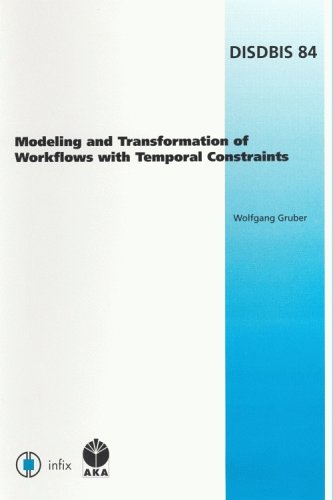Workflow management systems support the execution of business processes: They require the modeling of the processes, they drive the actual enactment of process instances, and they document the business process execution. Many different modeling languages and systems have been developed for design and representation of business processes and workflows as a consequence of different requirements, different purposes and also different schools and modeling philosophies. The differences are partly on a conceptual level in the sense that the modeling languages offer different concepts and constructs and partly on the representation level where basically the same constructs are represented differently e.g. text- or graph-based. This book makes two important contributions to workflow modeling. First it provides a meta model based on abstract modeling concepts allowing to overcome representation differences of workflow descriptions and secondly it introduces a set of equivalence transformations on workflow models. Such transformations are an important tool for workflow developments as they allow representing workflows differently for different purposes.
These transformations are used in algorithms for checking the ability of temporal constraints in workflow definitions and using this apparatus made it possible to develop a great sophisticated time management system for workflows which not only checks temporal constraints but can also be used to develop time plans for workflow execution.
- ISBN10 1586034162
- ISBN13 9781586034160
- Publish Date 1 January 2004
- Publish Status Active
- Publish Country NL
- Publisher IOS Press
- Imprint IOS Press,US
- Format Paperback
- Pages 184
- Language English
